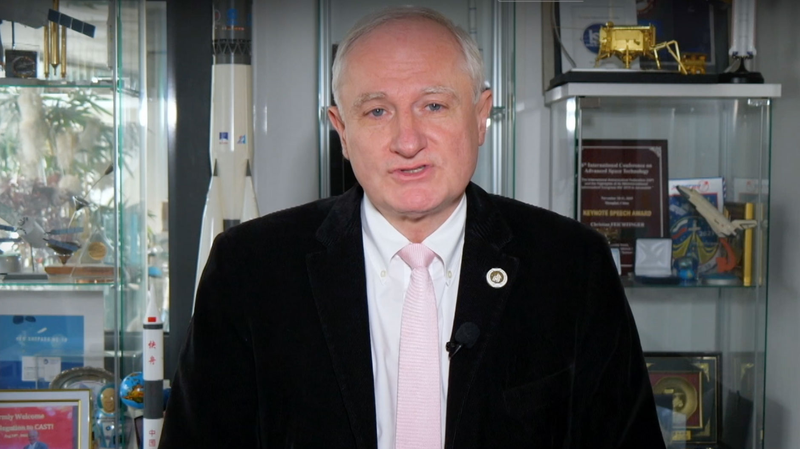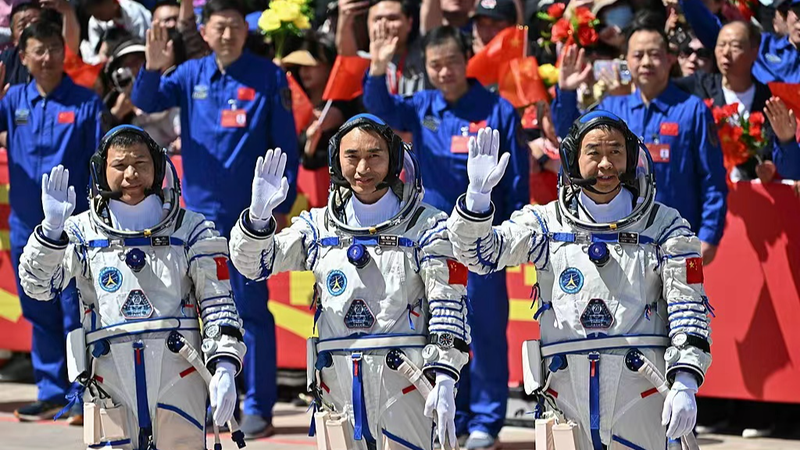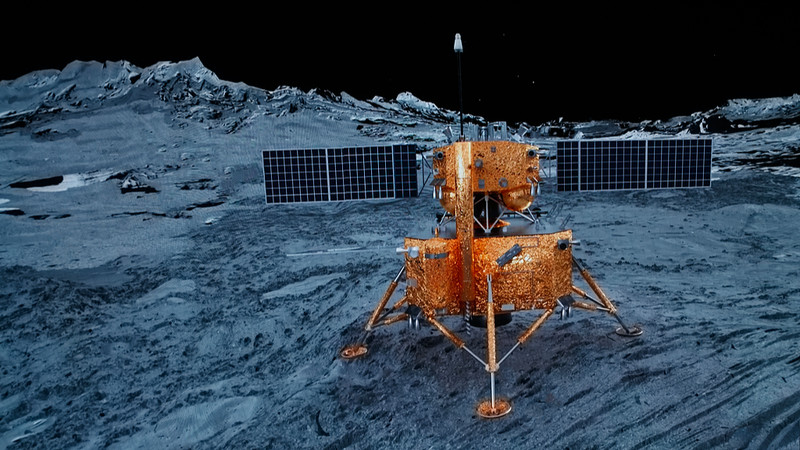Asteroids and near-Earth objects (NEOs) have long captured human imagination, but they also pose a tangible risk to our planet. In a recent address, Christian Feichtinger, PhD, executive director of the International Astronautical Federation (IAF), outlined a bold vision for uniting the global community in the fight against spaceborne threats.
Feichtinger says the IAF is spearheading efforts to build a comprehensive early warning system by teaming up with space agencies, research institutions, and industry leaders across G20 nations. Combining real-time monitoring, advanced detection techniques, and shared data platforms could help spot potential hazards years in advance. This collaborative framework aims to reduce blind spots and ensure no object slips through the cracks.
Beyond defense, Feichtinger highlighted the positive side of the asteroid frontier. He noted that NEOs offer unique opportunities for scientific research and could serve as a sustainable source of raw materials – fuel, metals, and water – for future space missions and Earth's industries. Asteroids are not just threats; they could be assets if approached with the right technology and agreements.
To turn this vision into reality, the IAF plans to:
- Establish an international monitoring network that shares telescope and radar data
- Develop standardized alert protocols so governments and organizations can respond rapidly
- Launch joint research programs to test deflection technologies and resource extraction methods
With coordinated investment and open communication, the world can transform asteroid defense from a patchwork of national initiatives into a unified global shield. As space becomes more accessible, collective action will be key to securing both our planet's safety and its future in the cosmos.
Whether you're a space enthusiast, tech innovator, or policy maker, the call is clear: join the conversation, support cross-border partnerships, and help build the early warning network that could one day save Earth from the next asteroid encounter.
Reference(s):
IAF director: Global collaboration could address asteroid threats
cgtn.com




